French President Emmanuel Macron has lost his majority in Parliament in the second round of France’s parliamentary elections.
Macron’s Ensemble (Together) coalition remains the largest force in the French National Assembly, but only won 244 seats – far short of the 289 threshold for an overall majority – – a result that many analysts have described as a seismic event for French politics. The last time a newly elected president failed to get a majority in parliamentary elections was in 1988.
The results of Sunday’s runoff election saw a newly-formed left-wing alliance led by Jean-Luc Melenchon become the second-largest force in the French parliament. Marine Le Pen’s far-right National Rally also made surprise gains.
In what appears to be a serious blow to the newly-elected president, Macron will have to negotiate with other parties in order to form an alliance.
Turnout was low, with 53.77 percent of voters abstaining.
Far-right surge
The National Rally won 89 seats – well above what opinion polls had predicted. In the last legislature, the nationalist party had only held eight seats.
The National Rally has also become the largest single opposition party, as none of the left-wing parties in Melenchon’s left-wing coalition won as many seats. Analysts see this win as the result of many years of normalization of Le Pen’s ideas, including by Macron’s own party, on issues including French Muslims and secularism.
Strong of the result, Le Pen told French media she was planning to demand her party be assigned the vice-presidency of the National Assembly, as well as the presidency of the powerful finance commission.
Left-wing alliance becomes the main opposition
A newly-formed alliance led by far-left leader Jean-Luc Melenchon, who was narrowly voted out in the first round of the presidential race last April, has become the main opposition in the French parliament with 137 seats. The alliance, which is called NUPES – a French acronym for New Ecological and Social Popular Union – brings a broad spectrum of left-leaning parties under the same banner for the first time in twenty years. It includes the hard-left La France Insoumise (France Unbowed), the Socialist Party, the Greens and the Communists.
70-year-old Melenchon quit the socialist party in 2008 on grounds it had become too “liberal” and “social democratic”. He founded the Left Party, which draws many young voters.
Some analysts doubt the coalition will manage to stay united, as its member parties differ on a number of different issues, including policing, nuclear energy and the European Union. Those differences are likely to be targeted by opponents.
Melenchon told reporters on Monday that he believes the left-wing alliance should now form one single group in parliament.
Next steps
President Emmanuel Macron, who was recently re-elected for a second term in France’s presidential election, beat Marine Le Pen with nearly 60 percent of the vote in the runoff election – a much smaller margin than in the previous contest between the two candidates in the 2017 election.
The French president has not yet commented on the result, and it remains unclear how he plans to move forward. One of his options would be to seek a new coalition alliance, most likely with the Republicans, the traditional right-wing party in France – which won 61 seats in the National Assembly.
Other options would be for him to seek agreement around legislation on an ad-hoc basis and even call new elections.

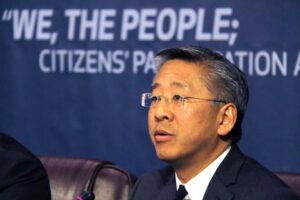








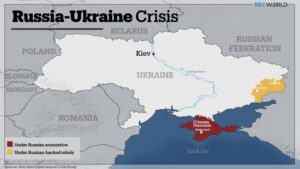
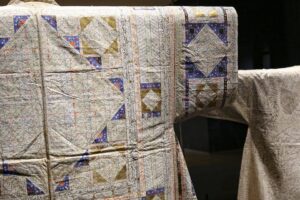


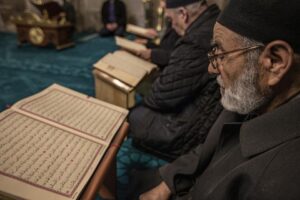

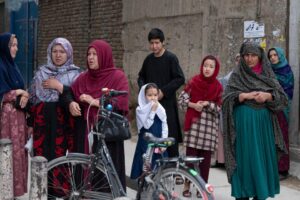
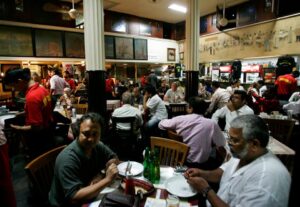
Be First to Comment